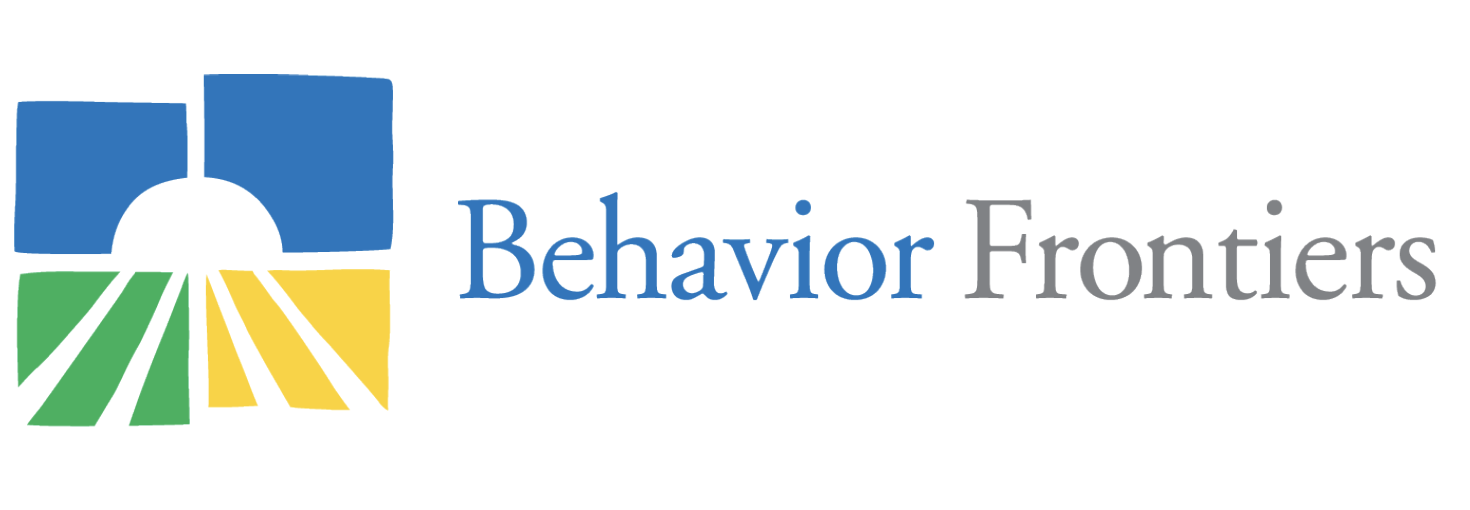Behavior Frontiers COVID-19 Statement
ABOUT CORONAVIRUS (COVID-19)
Coronavirus disease 2019 (COVID-19) is a respiratory illness that can spread from person to person. It’s part of the same family of coronavirus diseases that includes the common cold. The most common early symptoms appear between 2 and 14 days after infection. Symptoms can be mild to severe. They include fever, cough, and shortness of breath. Like many other viruses, COVID-19 seems to spread from person to person through respiratory droplets (cough, sneeze, or kiss). The risk of infection with COVID-19 is higher for people who are close contacts of someone known to have COVID-19, for example, healthcare workers, or household members. Other people at higher risk for infection are those who live in or have recently been in an area with ongoing spread of COVID-19.
PREVENTION AND TREATMENT
Frequent hand-washing is the most effective way to protect yourself from infection. Other good habits to practice include covering your mouth and nose with a tissue when you cough or sneeze and cleaning frequently touched items such as phones, keyboards, and doorknobs to help remove germs.
Avoid close contact with people who are sick.
Avoid touching your eyes, nose, and mouth with unwashed hands.
Wash your hands often with soap and water for at least 20 seconds. Use an alcohol-based hand sanitizer that contains at least 60% alcohol if soap and water are not available.
If you are sick, to keep from spreading respiratory illness to others, please:
Stay home when you are sick.
Cover your cough or sneeze with a tissue, then throw the tissue in the trash.
Clean and disinfect frequently touched objects and surfaces.
Call your doctor if you develop a fever, have a cough, or have difficulty breathing; or if you’ve been in close contact with a person who has COVID-19. If you think you’re infected, using telehealth helps prevent spreading a virus.
Refer to this interactive site showing all of the states current stay at home orders and reopening plans.
The White House & CDC provided a multi step approach to reopening the US. Find the entire 8 part plan with detailed criteria here.
WHICH IS BETTER, HAND SANITIZER OR WASHING YOUR HANDS?
The CDC recommends that you frequently wash your hands with soap and water to reduce germs and chemicals on your hands. But if soap and water aren’t available, hand sanitizer is OK to use.
According to the CDC, soap and water are more effective for removing germs, such as Clostridium difficile, Cryptosporidium, and norovirus.
The CDC Trusted Source also reports that alcohol-based hand sanitizers aren’t as effective if your hands are visibly dirty or greasy. They may also not remove harmful chemicals, such as heavy metals and pesticides, but hand washing can.
CAN I SAFELY USE EXPIRED HAND SANITIZER?
Sanitizer past its expiration date may still have some effectiveness...because it still contains alcohol (the active ingredient ).
Even if its concentration has dropped below its original percentage, the product — although less effective, or perhaps ineffective — isn’t dangerous to use.
While hand sanitizer may still work after it’s expired, your best bet is to replace it once it’s reached its expiration date, since it may be less effective.
For nearly 20 years, Behavior Frontiers has led the ABA treatment field with innovative strategies to offer highly skilled technicians providing top-quality ABA services for individuals with autism and other special needs. We will continue to offer our services remotely to our current families who opt to take advantage of telehealth during this challenging time of social distancing and closures.
More information on Telehealth Services.
Contact Us for More Information




